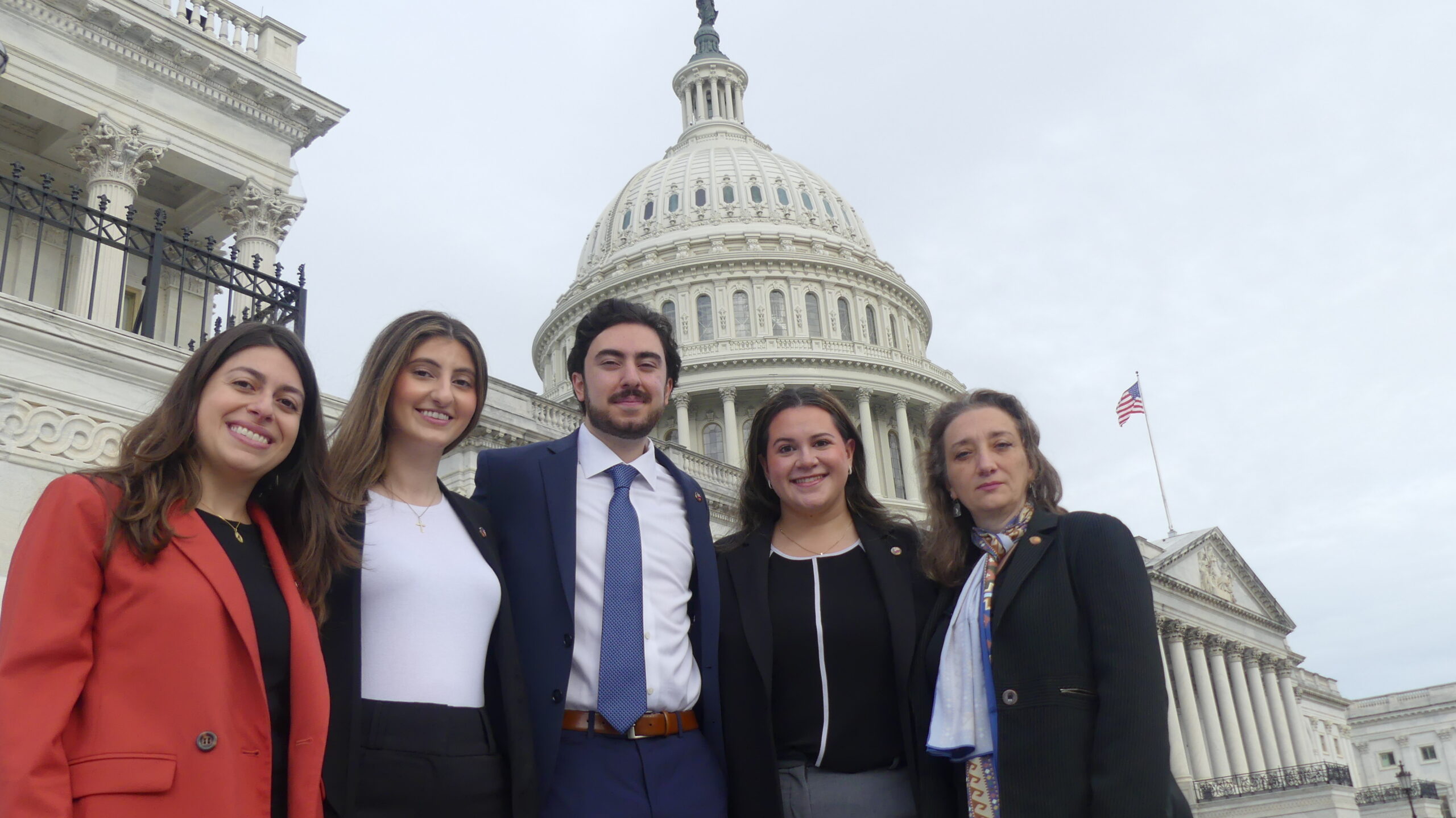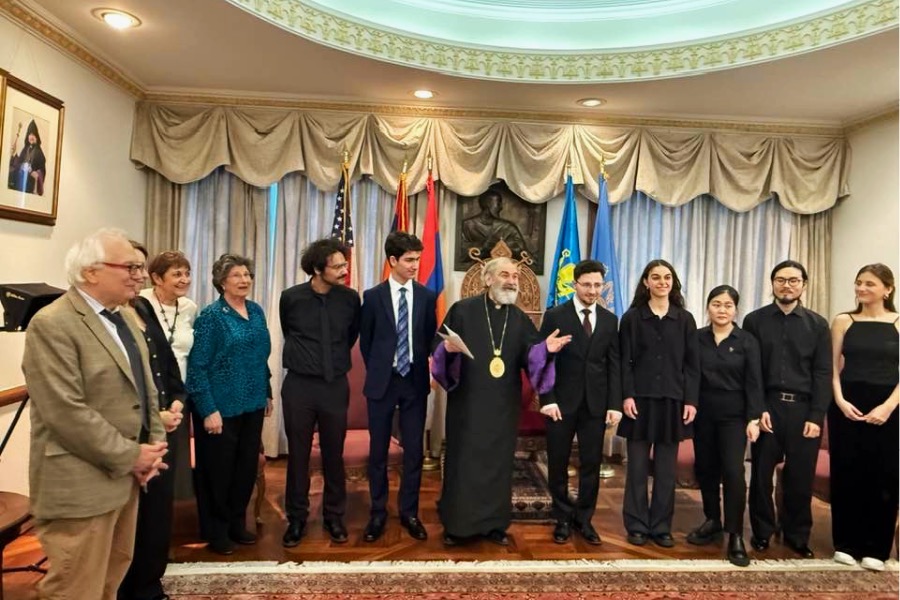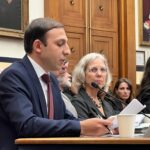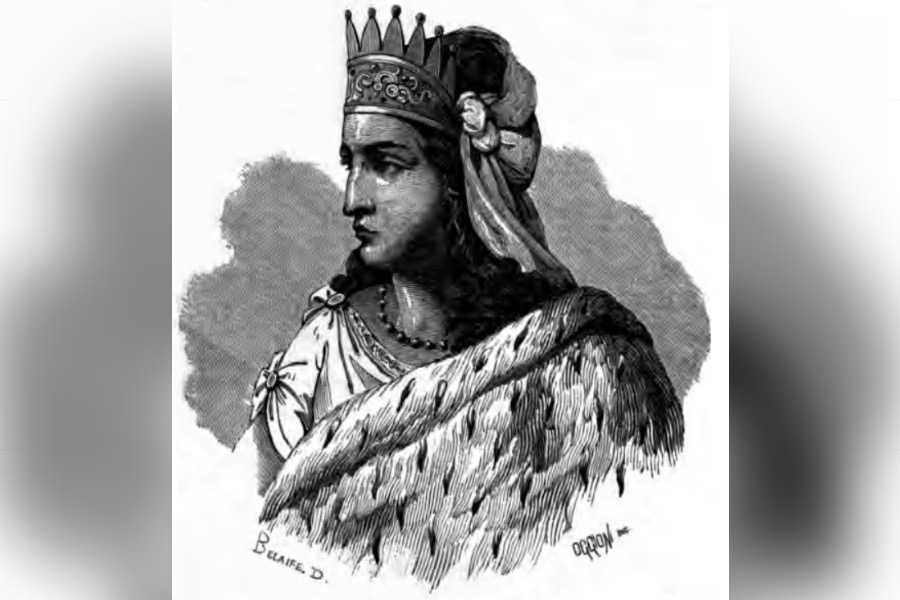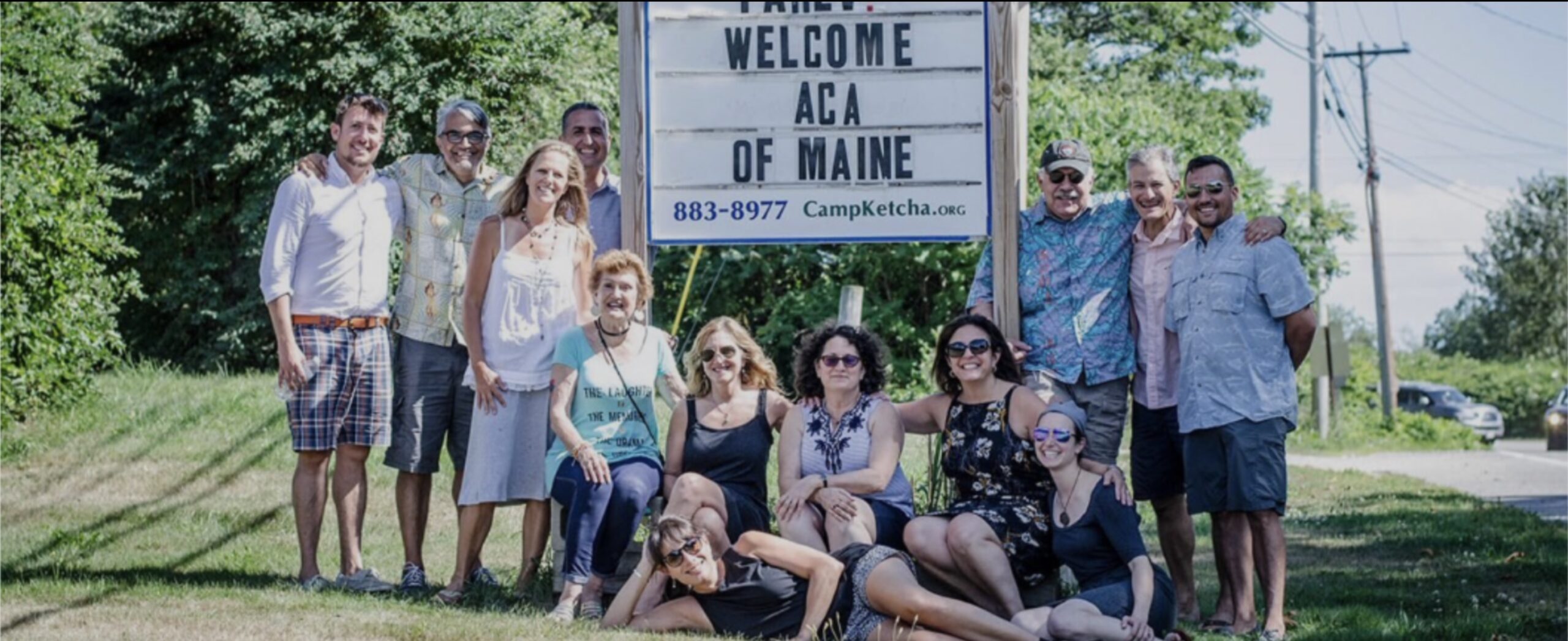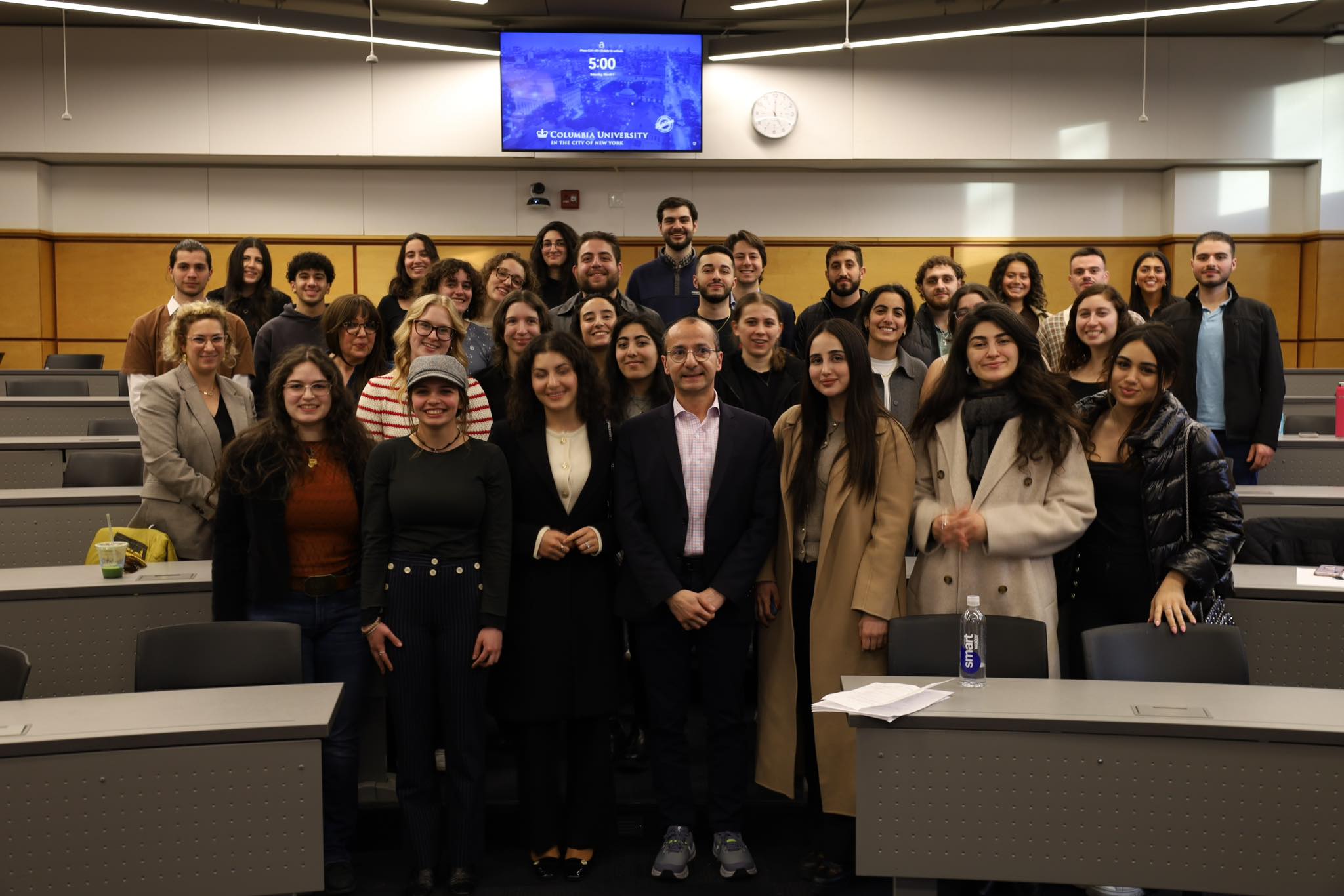ANCA activists advocate for Artsakh during a “month of flashbacks”
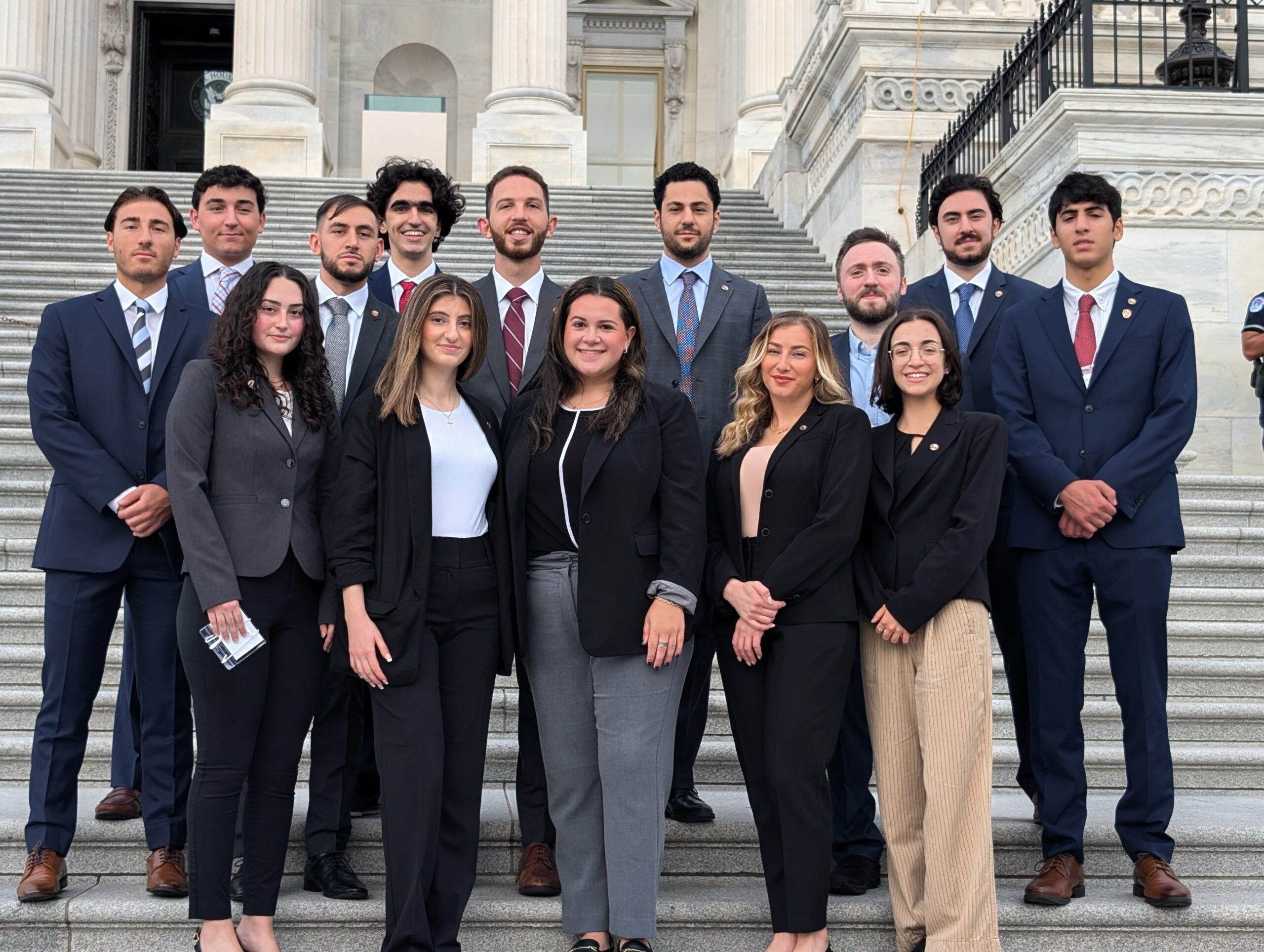

WASHINGTON—Over 75 Armenian National Committee of America (ANCA) activists from across the U.S. came together on Capitol Hill on September 19, 2024, the one-year anniversary of the ethnic cleansing of Artsakh. In meetings with their members of Congress, the activists demanded that U.S. lawmakers investigate Azerbaijan’s human rights abuses, enforce targeted sanctions on Azerbaijani officials and support the release of Armenian hostages and the right of return for displaced Armenians.
The advocate “fly-in,” organized by the ANCA Eastern Region and Western Region, targeted over 100 congressional leaders and shared information with all 535 Senate and House offices. The activists from the eastern U.S. represented an unprecedented 19 ANCs, namely Tennessee, Wisconsin, Georgia, Indiana, North Carolina, Delaware, New York, Vermont, Florida, Maryland, Washington, D.C., Louisiana, Pennsylvania, Rhode Island, Eastern Massachusetts, Merrimack Valley, Michigan, New Jersey and Virginia.
“One could feel the excitement as the advocates climbed the steps to the Hill, received their final instructions and visited the offices of their elected officials. They were energized to speak up for justice, the rights of Armenians of Artsakh to return safely to their ancestral lands and the release of our prisoners of war and political prisoners. They also spoke sharply, demanding that our government block military aid to Azerbaijan and hold that government accountable for its abuse of human rights and war crimes,” said ANCA Eastern Region Chair Dr. Ara Chalian.
“Our advocates who daily activate our communities saw the power of their presence on the Hill. The days of advocacy, hearings and the photojournalism display of Davit Ghahramanyan’s work took the veil of silence off and brought loud and clear the voices of justice for Artsakh and Armenia to everyone’s attention. This was a powerful day for our community, our nation and our organization to exercise our rights as Armenian Americans,” Chalian continued.
The week-long series of hearings, meetings and programs included events on Capitol Hill highlighting the lack of impunity for the ethnic cleansing of Artsakh. On the morning of September 19, the Tom Lantos Human Rights Commission held a hearing on human rights violations committed by Azerbaijani leadership against ethnic Armenians in Artsakh as well as ethnic Azerbaijanis who oppose the government. Republic of Artsakh (Nagorno Karabakh) Human Rights Defender Gegham Stepanyan and Professor Adam T. Smith, co-director of the Caucasus Heritage Watch, each offered witness testimony with supporting evidence from Kate Watters, the co-founder and executive director of Crude Accountability, among others.
“Azerbaijan’s impunity must end for the establishment of peace in the region. Peace is not possible without accountability. If Azerbaijan believes there is more to gain through war, it has absolutely no reason to agree to peace,” Stepanyan said during the hearing, after outlining Azerbaijan’s “systematic genocidal policy” enacted through its blockade of Artsakh and forced displacement of the region’s entire Armenian population.
Since 2020, the Caucasus Heritage Watch has documented the destruction of 14 Armenian cultural heritage sites, including historic cemeteries and churches, with 12 sustaining significant damage, according to Smith’s testimony. Another 31 sites are at immediate threat of destruction. “Attacks on heritage monuments are not just violence against buildings. They are violence against a people and against their collective identity,” Smith said.
There are about 300 political prisoners in Azerbaijan, with at least 50 of them detained since last December, according to Watters. “In the leadup to COP29, this is extremely disturbing. At a time when the world’s eyes are on Azerbaijan and one might imagine that the regime had every incentive to present itself as a government that respects the rule of law, democracy, environmental protection, the Aliyev regime has doubled down on repression,” Watters said.
That afternoon, “Real-time genocide: Artsakh,” an exhibit of Davit Ghahramanyan’s photographs from 2020-2023, opened at the Russell Senate Office Building Rotunda. Ghahramanyan is a photojournalist born in Stepanakert who bore witness to the war in Artsakh in 2020 and subsequent blockade and ethnic cleansing. “Through his lens, Ghahramanyan showcases the resilience of Artsakh’s Armenians — their enduring humanity in the face of relentless brutality — as well as their resolve to return in safety to their ancestral homes,” according to the exhibit statement. The exhibit was sponsored by Sen. Sheldon Whitehouse (D-RI) and organized by the ANCA and Hamazkayin Armenian Educational and Cultural Association.
“Only collective return to our motherland can prevent this new genocide of the 21st century. This exhibit is a wake-up call. We want to believe that the U.S. Congress, pursuing its adopted duty to defend human rights, will not fail to call things by their proper name. I want to stress that we will not stop fighting for justice and for the restoration of our rights,” Hermine Avagyan, Hamazkayin Artsakh Executive Director said during the exhibit’s opening ceremony. Avagyan and Ghahramanyan traveled to the U.S. for a series of photo exhibitions that started in the nation’s capital and continued in Philadelphia, Chicago, Boston and New York City.
Activists contributed their unique perspectives as members of diverse Armenian communities to their advocacy. Some, like Pearl Bargamian Teague and her 22-year-old daughter Talin from Vermont, have helped build Armenian grassroots activism from the ground up in states with little Armenian visibility. Others, like Tamar Kassarjian from Florida and Vince Hovsepian, an ANCA Kasparian Summer Academy graduate from North Carolina, traveled solo from states that had not sent a delegate to Washington in a long time. Southern states had strong representation, such as Texas, which sent four advocates including Phil Kanayan, Shevan Basmadjian, Nanea Aidinian and Boghos Balanian.
Azniv Khaligian, an activist from Tennessee, hopes that Armenians can recognize the importance of uplifting underrepresented communities beyond the major Armenian hubs.
“I’m one person representing these communities in states that in this country could make a big difference,” Khaligian said. “But when our own community doesn’t realize we’re there, how can we expect our senators and representatives to? It’s about challenging that idea of where you expect Armenians to be from or what you expect them to look like.”
Activist Shoushanig Hayriyan had a long journey to Washington. Hayriyan grew up in Sghnakh, a village outside of the town of Askeran, Artsakh. Her parents and six of her eight siblings were trapped in Artsakh during the blockade and displaced last September during Azerbaijan’s military assault on the region. Her brother was heavily wounded in the fuel depot explosion near Stepanakert on September 25, 2023. Hayriyan is now an undergraduate student at the University of Idaho.
“This month is like a month of flashbacks,” Hayriyan shared. “Every single day is a challenge — physically, financially, mentally…I am hopeful that something may change, but it will only happen if the Diaspora works proactively, including Armenians and Artsakh Armenians, for one cause, which is the return of our people.”
In the evening of September 19, members of the U.S. Congress joined Armenian activists for the ANCA’s “Accountability | 2024” event. During the program, U.S. lawmakers, as well as Stepanyan and the abbot of Artsakh’s historic Dadivank Monastery Fr. Hovhannes Hovhannisyan, delivered remarks calling for accountability for Azerbaijan’s crimes.
“A year has passed since the final blow of Azerbaijan’s assault on Artsakh, and yet, the international community remains silent,” said ANCA National Grassroots Director Gev Iskajyan. “We refuse to accept this as the end. We demand the right of return for every displaced Armenian under international protection. ‘Artsakh lives’ because its spirit is alive in every one of us fighting for justice.”
